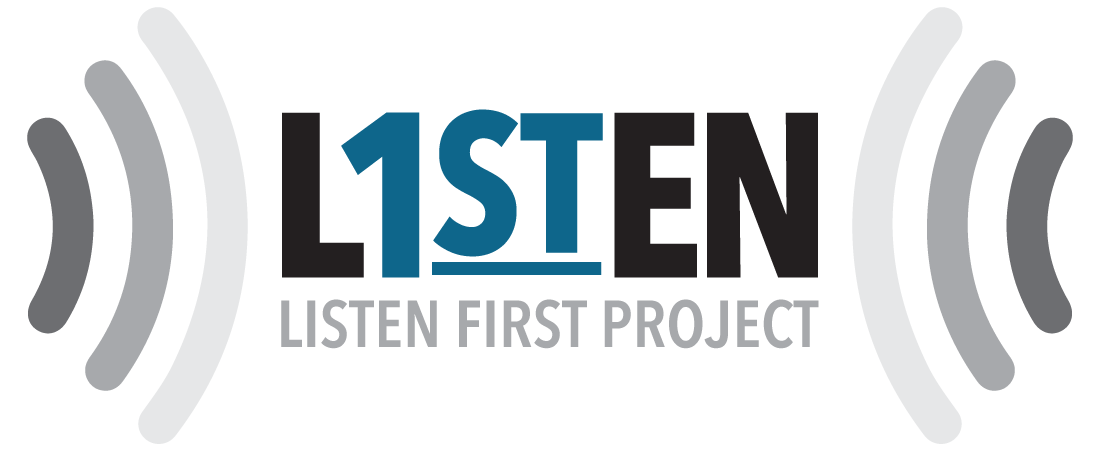Science & Perspectives on Toxic Polarization
Sorted by year beginning with most recent
ETH Zürich, 2023: Contact Theory with No Contact: Facilitating Dialogue Online
TIME, 2023: Americans Are Tired of Political Division. Here’s How to Bridge It (3-part series)
More in Common, 2023: SOTU 2023: Speaking to the Exhausted Majority
Lee, Amber Hye-Yon, 2022: Social Trust in Polarized Times: How Perceptions of Political Polarization Affect Americans’ Trust in Each Other
More in Common, 2022: Fourth of July in America
Voelkel et al., 2022: Megastudy identifying successful interventions to strengthen Americans’ democratic attitudes
Santoro & Broockman, 2022: The promise and pitfalls of cross-partisan conversations for reducing affective polarization: Evidence
YouGov, 2022: Trust in Media 2022: Where Americans get their news and who they trust for information
Kaufmann, 2022: Cancel Culture Is More Important, and Less Important, Than You Think
Westwood, et al., 2022: Current Research Overstates American Support for Political Violence
Hartman et al., 2022: Interventions to Reduce Partisan Animosity
Broockman, et al., 2022: Does Affective Polarization Undermine Democratic Norms or Accountability? Maybe Not
Brown & Enos, 2021: The measurement of partisan sorting for 180 million voters
Abramowitz, 2021: Peak Polarization? The Rise of Partisan-Ideological Consistency and its Consequences
Lees & Cikara, 2021: Understanding and combating misperceived polarization
Weber et al., 2021: Political Polarization: Challenges, Opportunities, and Hope for Consumer Welfare, Marketers, and Public Policy
Pippenger, 2021: Listening to Strangers, or: Three Arguments for Bounded Solidarity
Baldassarri & Page, 2021: The emergence and perils of polarization
Stryker et al., 2021: Replication Note: What Is Political Incivility?
Baron et al., 2021: Can Americans Depolarize? Assessing the Effects of Reciprocal Group Reflection on Partisan Polarization
Binnquist et al., 2021: The Zoom solution: Promoting effective cross-ideological communication online
Brookings Institute, 2021: Ways to Reconcile and Heal America
Druckman & Levy, 2021: Affective Polarization in the American Public
Kalla & Broockman, 2021: Voter outreach campaigns can reduce affective polarization among implementing political activists
More in Common, 2021: Two Stories of Distrust in America
Newsweek, 2021: Biden Must Mobilize Americans to Fight "Toxic Polarization"
New York Time, 2021: Why Political Sectarianism Is a Growing Threat to American Democracy
New York Times, 2021: How Much Does How Much We Hate Each Other Matter?
One America Movement, 2021: The Science of Polarization
PNAS, 2021: Modeling the power of polarization
Politico, 2021: How Biden Can Unify America - What six divided societies tell us about what the president needs to do now
Ruggeri et al., 2021: The general fault in our fault lines
Santoro et al., 2021: The short-term, circumscribed, and conditional effects of cross-partisan conversation
Tornberg et al., 2021: Modeling the emergence of affective polarization in the social media society
USA Today, 2021: Toxic polarization threatens our nation's future. Here's how we can save it
Westwood et al., 2021: American Support for Political Violence is Low
Eveland et al., 2020: Listening During Political Conversations: Traits and Situations
Beyond Conflict, 2020: America's Divided Mind
Brown University, 2020: U.S. is polarizing faster than other democracies, study finds
Carnegie, 2020: 7 Ideas to Reduce Political Polarization. And Save America from Itself
Civic Health Project, 2020: Depolarizing America: Promising Paths Forward
Diamond et al., 2020: Americans Increasingly Believe Violence is Justified if the Other Side Wins
Druckman et al., 2020: Affective polarization, local contexts and public opinion in America
Finkel et al., 2020: Political Sectarianism in America: a poisonous cocktail of othering, aversion, and moralization.
FiveThirtyEight, 2020: How Hatred Came To Dominate American Politics
Greater Good Science Center, 2020: Bridging Differences Playbook
More in Common, 2020: American Fabric: Identity and Belonging
OpenMind, 2020: Interactive Guide to Navigating Difficult Conversations
Washington Post, 2020: Our divided times are an opportunity for empathy. Really.
More In Common, 2019: The Perception Gap: How False Impressions are Pulling Americans Apart
Druckman & Levendusky, 2019: What Do We Measure When We Measure Affective Polarization?
Greater Good Science Center, 2019: What Are the Solutions to Political Polarization?
Kalmoe & Mason, 2019: Lethal Mass Partisanship
National Affairs, 2019: Rethinking Polarization
New York Times, 2019: No Hate Left Behind
McCoy & Somer, 2018: Toward a Theory of Pernicious Polarization and How It Harms Democracies: Comparative Evidence and Possible Remedies
Iyengar et al., 2018: The Origins and Consequences of Affective Polarization in the United States
Listen First Project, 2018: Field Playbook on Engaging Conservatives in the Bridging Movement
Steffel et al., 2018: Perspective mistaking: Accurately understanding the mind of another requires getting perspective, not taking perspective
Levendusky, 2017: Americans, Not Partisans: Can Priming American National Identity Reduce Affective Polarization?
Iyengar et al., 2015: Fear and Loathing across Party Lines: New Evidence on Group Polarization
Iyengar et al., 2012: Affect, Not Ideology: A Social Identity Perspective on Polarization
